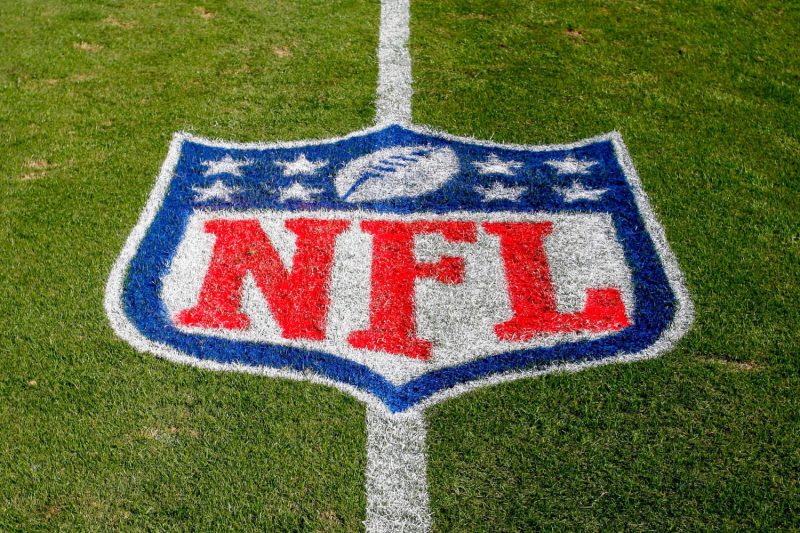In a recent legal development, a federal judge made a groundbreaking decision overturning a massive $4.7 billion jury verdict in a lawsuit involving the NFL’s Sunday Ticket program. The lawsuit, which had captured the attention of sports fans and legal experts alike, centered on allegations of antitrust violations and anti-competitive practices by the National Football League.
The initial jury verdict, which awarded a staggering amount in damages to the plaintiffs, sent shockwaves through the sports industry. The case called into question the legality of the exclusive broadcasting agreements that the NFL has with various networks for its Sunday Ticket package, which allows fans to watch out-of-market games.
At the heart of the lawsuit was the claim that the NFL’s arrangement with broadcasters constituted a monopolistic practice that limited consumer choice and artificially inflated prices for access to live football games. The plaintiffs argued that by restricting the availability of Sunday Ticket to a single provider, the NFL was engaging in anti-competitive behavior that harmed consumers.
However, the federal judge presiding over the case ultimately disagreed with the jury’s verdict, citing insufficient evidence to support the claims of antitrust violations. In a detailed ruling, the judge explained that while the exclusive nature of the Sunday Ticket deal may have limitations, it did not rise to the level of illegal anti-competitive conduct under existing laws.
The decision to overturn the jury verdict has significant implications for both the NFL and the broader sports broadcasting landscape. It reaffirms the NFL’s ability to negotiate exclusive agreements with broadcasters and maintain control over the distribution of its content, a privilege that has long been central to the league’s business model.
Furthermore, the ruling highlights the complexities of antitrust law in the context of professional sports. While the NFL operates as a powerful and highly profitable entity, its business practices are subject to legal scrutiny, particularly when they impact consumer choice and market competition.
As the legal saga surrounding the Sunday Ticket lawsuit comes to a close, it serves as a reminder of the intricate balance between business interests, consumer rights, and regulatory oversight in the world of professional sports. While the NFL may have emerged victorious in this particular case, the debate over the fairness and legality of exclusive broadcasting agreements is likely to continue, shaping the future of sports media and entertainment.

























